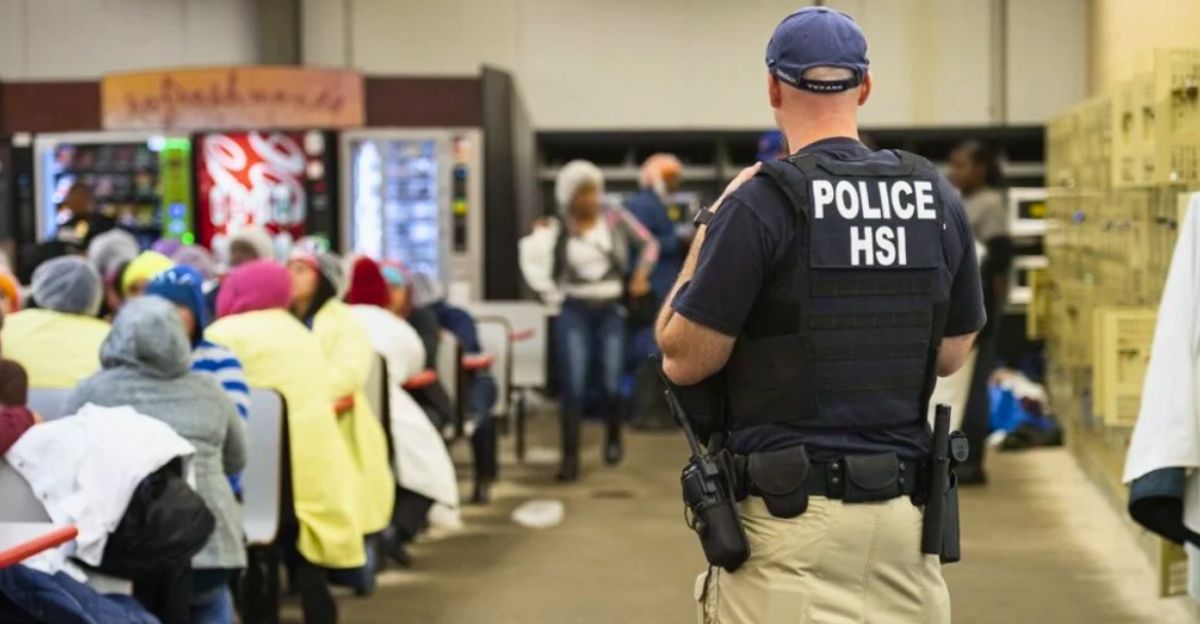
A summer cookout without burgers. Grocery store shelves cleared of beef. Smaller shelves, higher prices. That’s the new reality after ICE agents stormed Glenn Valley Foods in Omaha, Nebraska, and took into custody more than 70 workers.
With production slashed to 30%, the actual problem isn’t labor—not just yet—but a failed system faltering when policy hits the plate. This isn’t immigration enforcement—it’s a gut punch to what feeds America.
Mass Arrests Disable a Fundamental Link in the Chain
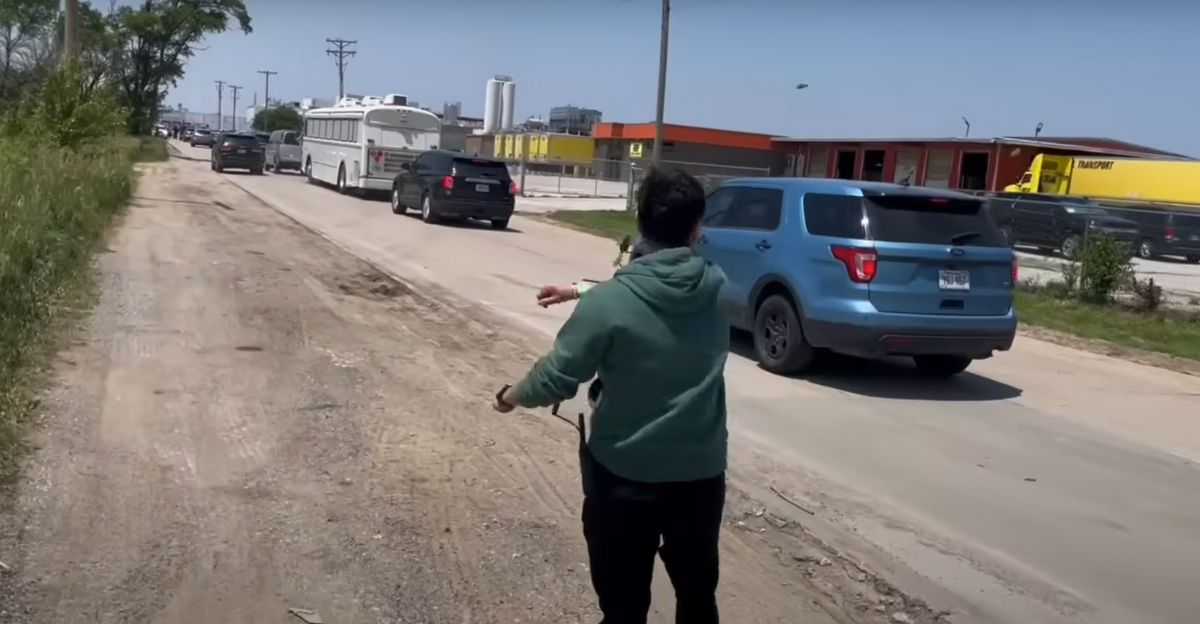
Federal agents descended and arrested most of Glenn Valley Foods’ labor force in one raid. Meat processing dropped to a fraction of capacity overnight. The business couldn’t operate. The shelves were proof of it. One raid, and an entire supply chain stumbled.
The Industry’s Silent Reliance

More than half of America’s meatpackers are immigrants—many of them undocumented. Their hands deliver what ends up on your plate. Take them away, and the machine grinds to a halt. It’s not a loophole. It’s the backbone. This isn’t an issue of illegality. It’s one of vulnerability.
History’s Loud Warning from Postville

We’ve seen this movie before. In 2008, Postville, Iowa suffered a massive ICE raid. Hundreds detained. A town decimated. A plant shuttered. Wages lost. Supply chains fractured. The echoes of that disaster linger to this day—and yet we’re here again.
When Meat Prices Bleed Dry the Budget
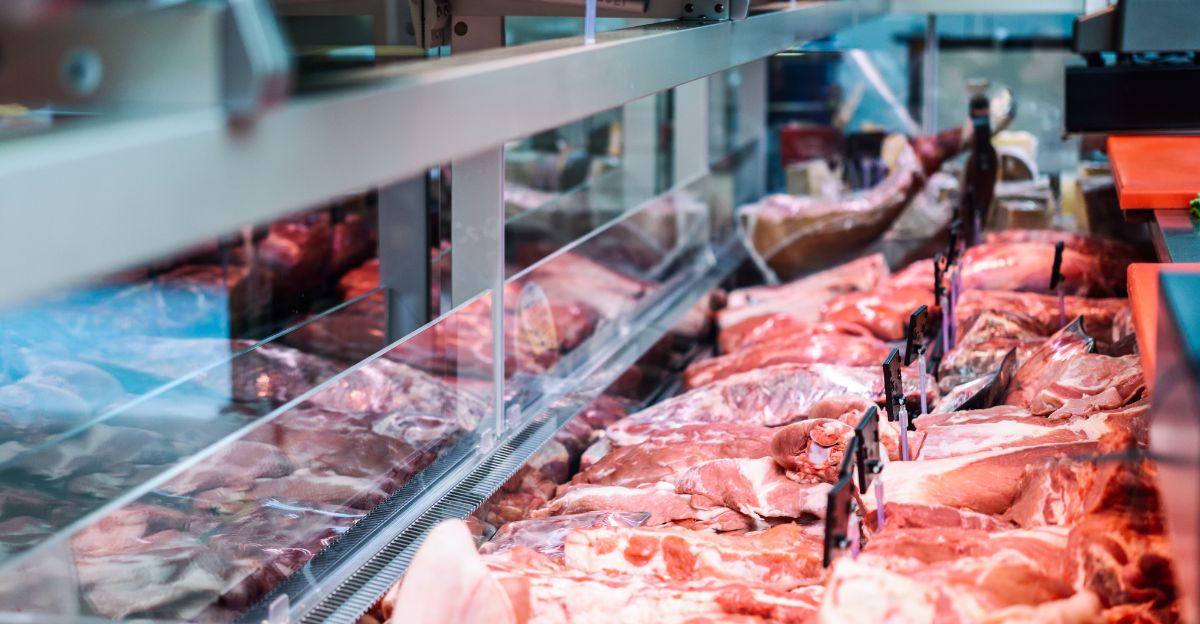
Meat prices already are skyrocketing due to droughts and dwindling herds. Add a labor shortage due to ICE raids. The outcome? Record prices to restaurants and families. Enforcing immigration law is beginning to look like a tax on your lunch.
E-Verify Fails in Real Time
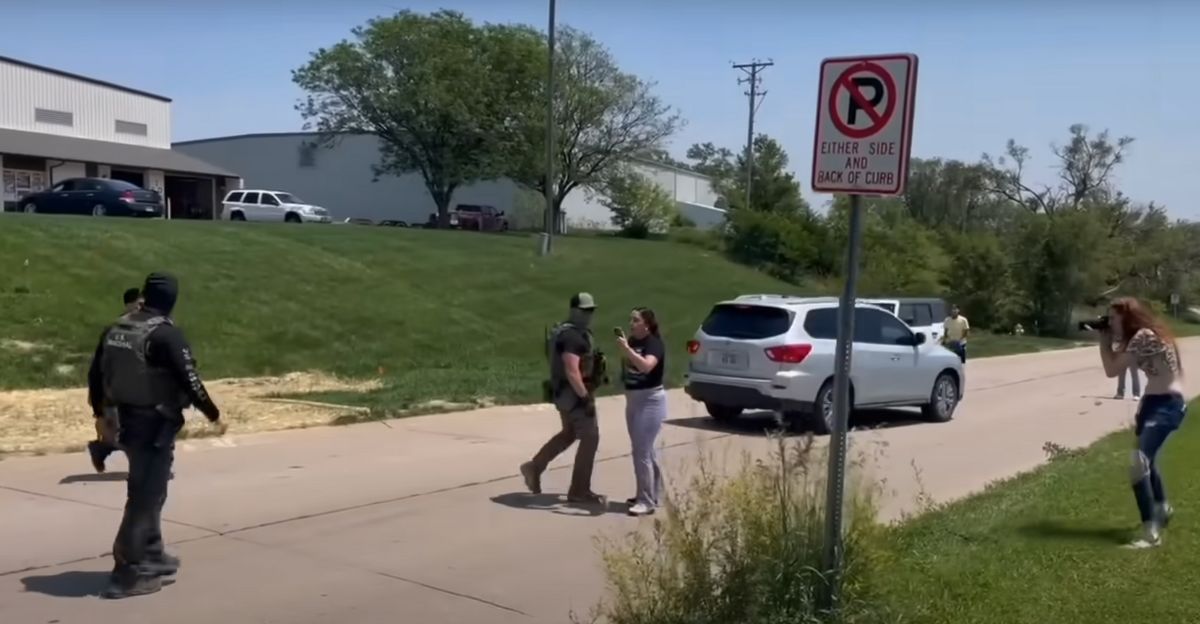
Glenn Valley utilized E-Verify—the official work eligibility verification system. Nevertheless, ICE agents scooped up the majority of their workers. “The system is broken,” one of the agents said to the plant manager. Employers obey commands, then get penalized. So who’s going to benefit here?
The Shockwaves Hit Small-Town America
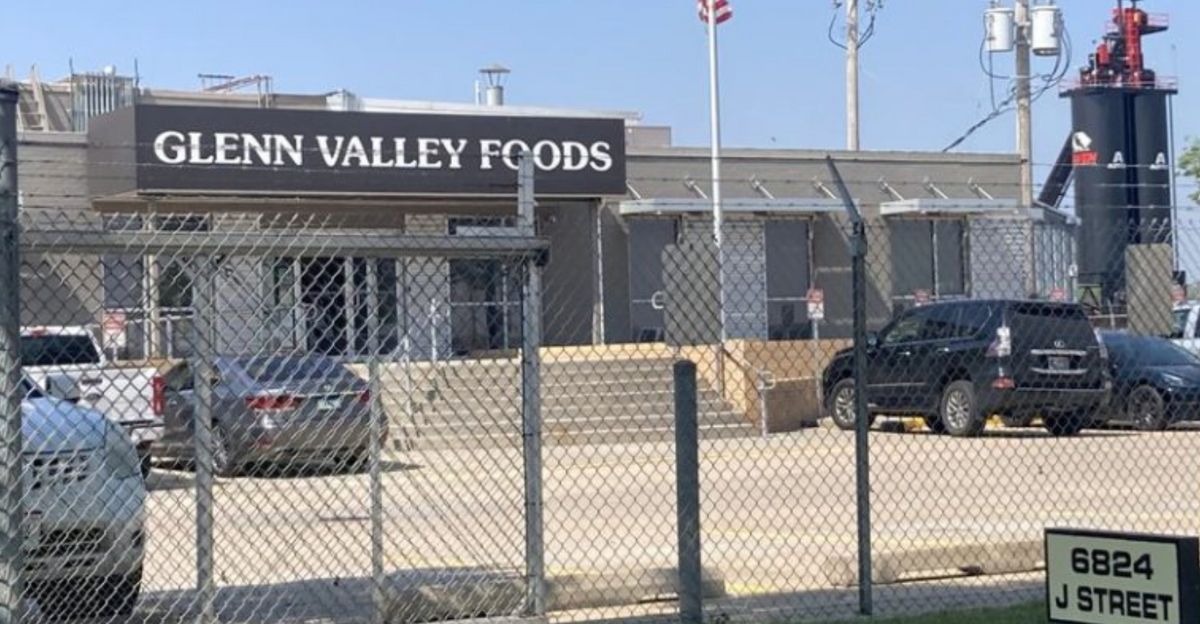
A plant closes—and it’s not only meat that becomes scarce. Towns lose their tax base, schools decline, housing markets deteriorate. Families vanish overnight. And the trauma? It remains. This isn’t only economic ruin—it’s psychological warfare on rural America.
If This Trend Continues…

If ICE raids increase as policy suggests, more than 50% of farm and food processing workers could vanish. Agriculture, construction, and hospitality would all suffer. The U.S. would lose productivity and gain a lot more hunger. Is that protection—or sabotage?
Robots Can’t Replace Humans—Yet
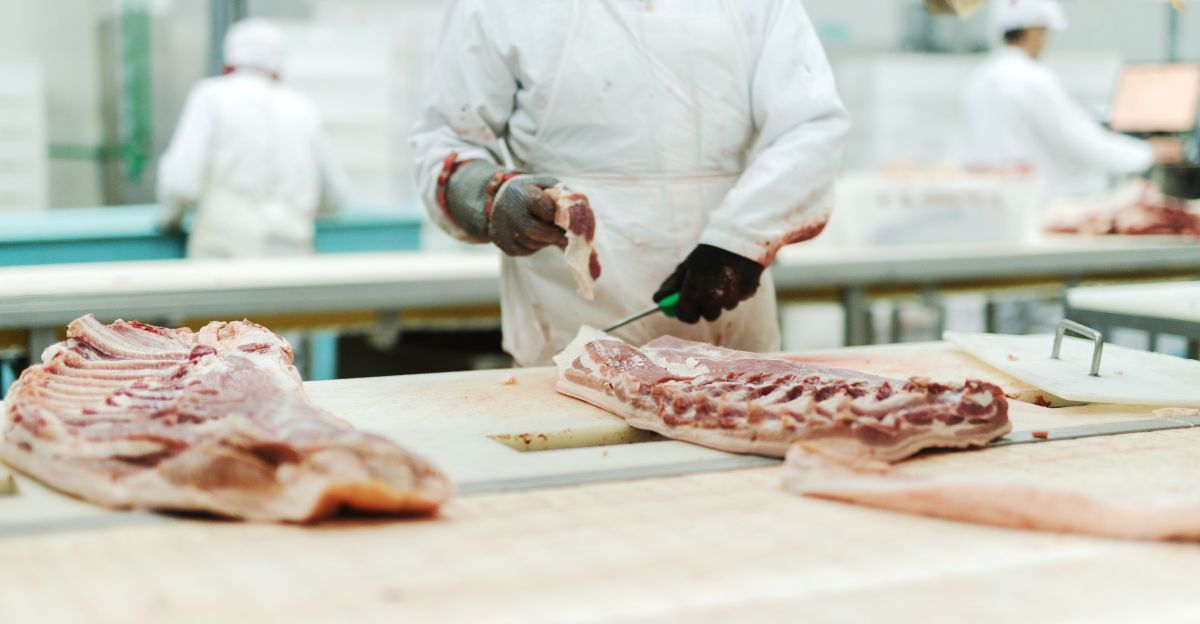
Automation sounds like a fix, but in meatpacking, it’s not. Machines can’t mimic human skill for delicate cuts. New tech takes years and billions to install. In the meantime, raids remove the only functioning system we’ve got: people.
Exports Suffer—And So Does America’s Reputation

America exports massive amounts of meat to foreign nations. But when domestic disorder becomes the new normal, foreign buyers lose confidence. Other countries, such as Brazil and Australia, are already capitalizing. Domestic disorder is an international vulnerability. We don’t just lose meat—we lose trust.
When Enforcement Undermines Security
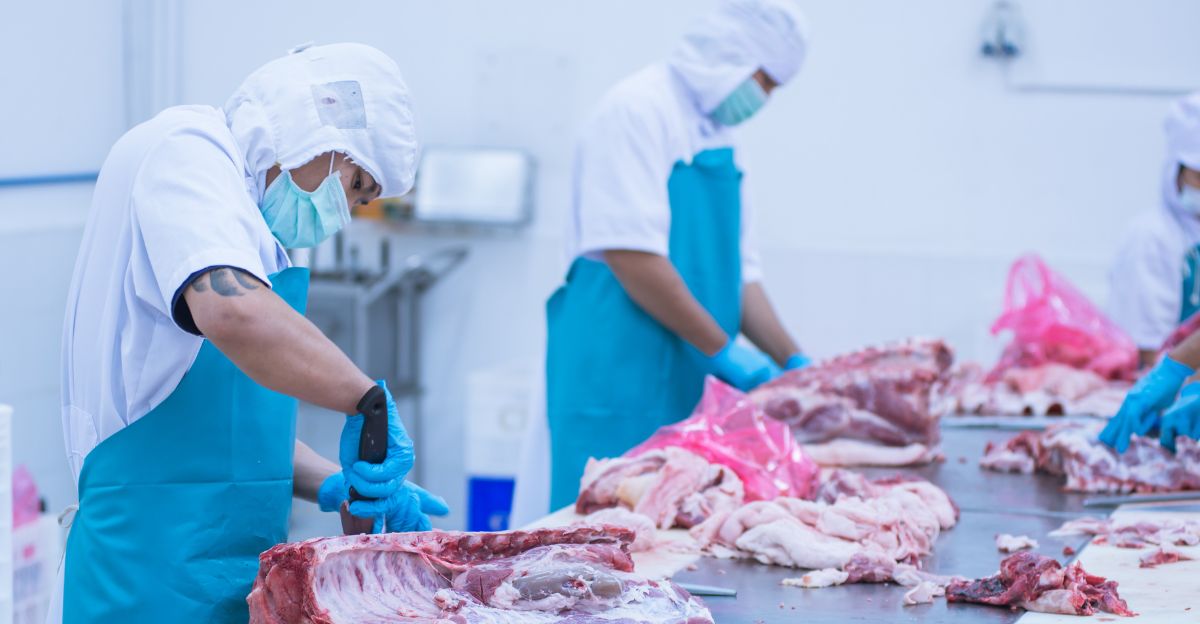
This is not only an immigration discussion. This is a food security emergency. If there are fewer individuals remaining to work the line, the shelves remain bare. The enforcement designed to “protect” America is rendering it hungrier, poorer, and weaker.
Employers Are Trapped

Glenn Valley stuck to the law—but got raided nonetheless. Companies today are afraid to hire, afraid of raids, afraid of audits. The outcome? A paralyzed system where risk trumps survival. Nobody wants to build where it can all be torn down in a single morning.
The Cost No One Calculates

Jobs lost. Homes lost. Families torn apart by deportation. Businesses shut down. Children taken out of school. These raids cause more than economic harm—they leave wounds on communities. The suffering doesn’t end when the headlines do.
Raids Are a Short-Term Solution with Long-Term Fallout

They sound good on paper. But each raid weakens the foundation of American food production. The system’s not broken because of immigration—it’s breaking because of how we react to it.
Reform or Rupture—Time to Decide
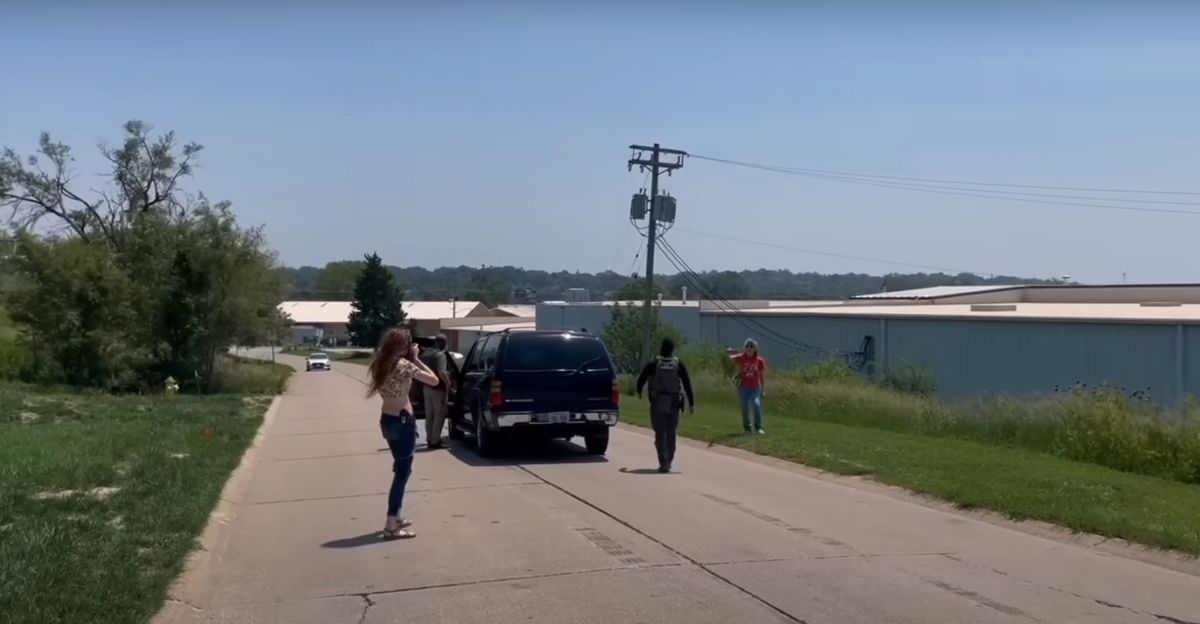
The food system in America operates with immigrant labor. Anything else is pretend, and it is dangerous. Until immigration policy matches labor realities, raids are going to continue closing plants, families, and communities. Either we can change the system—or continue to watch it crumble bite by bite.
